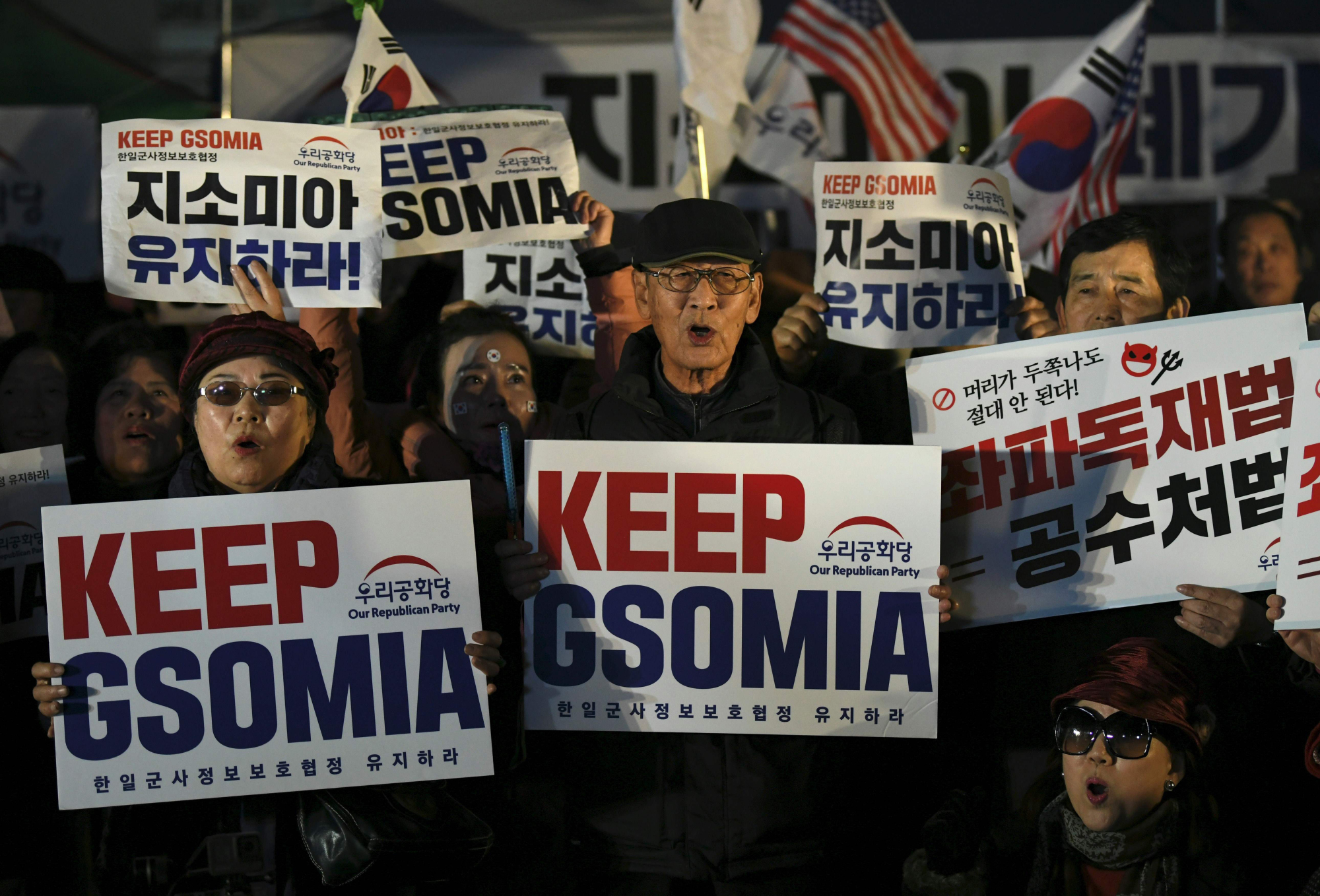"GSOMIA saved: Seoul to stay in deal for now" was the front page headline of The Japan Times' Nov. 23 edition. South Korea's Blue House announced the night before that it will reverse course on its earlier decision to end a key intelligence-sharing pact with Japan — just hours before the expected expiry of the deal, said the article.
Prime Minister Shinzo Abe said he believed South Korea's decision was a "strategic" one in view of the North Korean threat. Conservative pundits in Tokyo claimed a "perfect victory" and exulted that Seoul, "being forced to tentatively retreat," "surrendered at the last moment" in its "diplomatic implosion."
Abe would have been right in calling South Korea's decision a strategic one if it had been spontaneous. Strategic decisions, however, are not something forced to make. Similarly, it cannot be deemed a "perfect victory" for Japan, because Seoul's decision was so tactical that the issue will continue to haunt us.



















With your current subscription plan you can comment on stories. However, before writing your first comment, please create a display name in the Profile section of your subscriber account page.